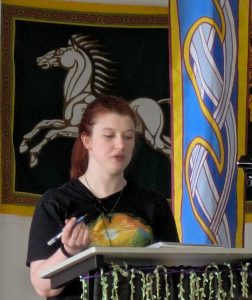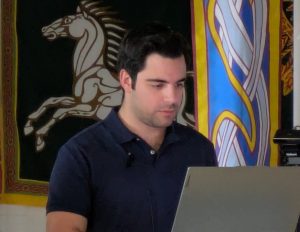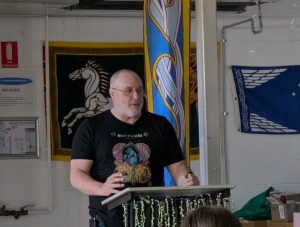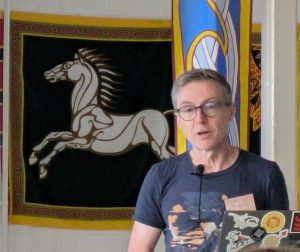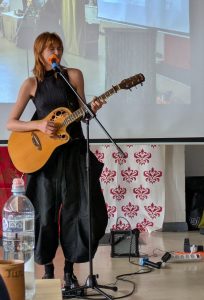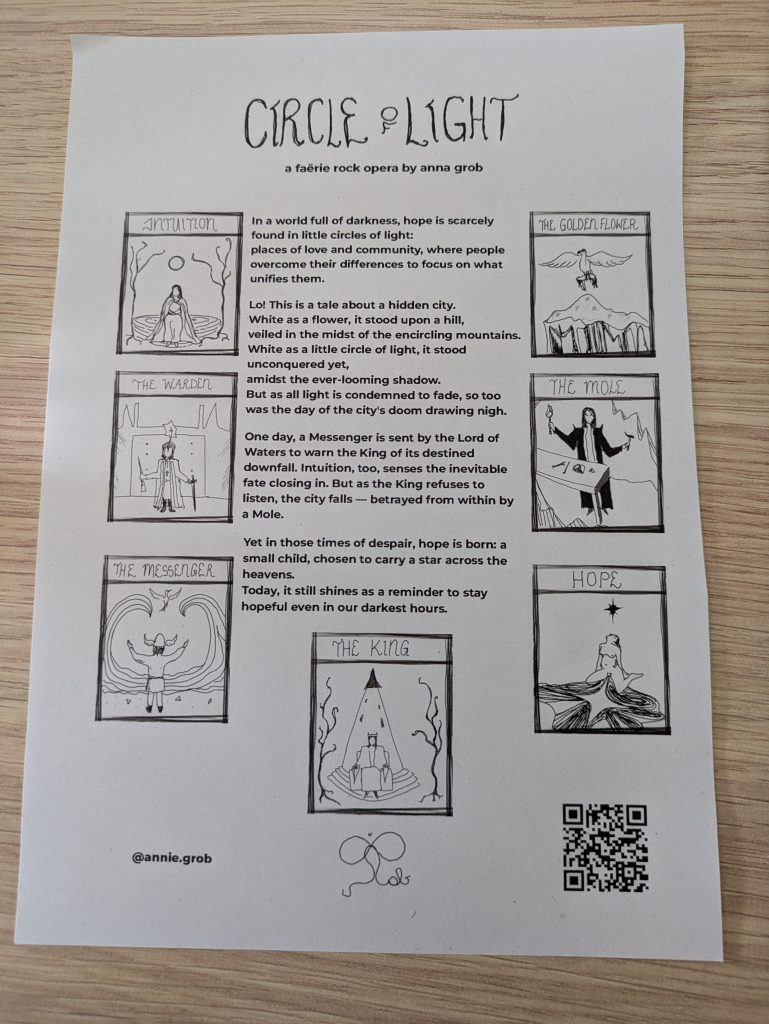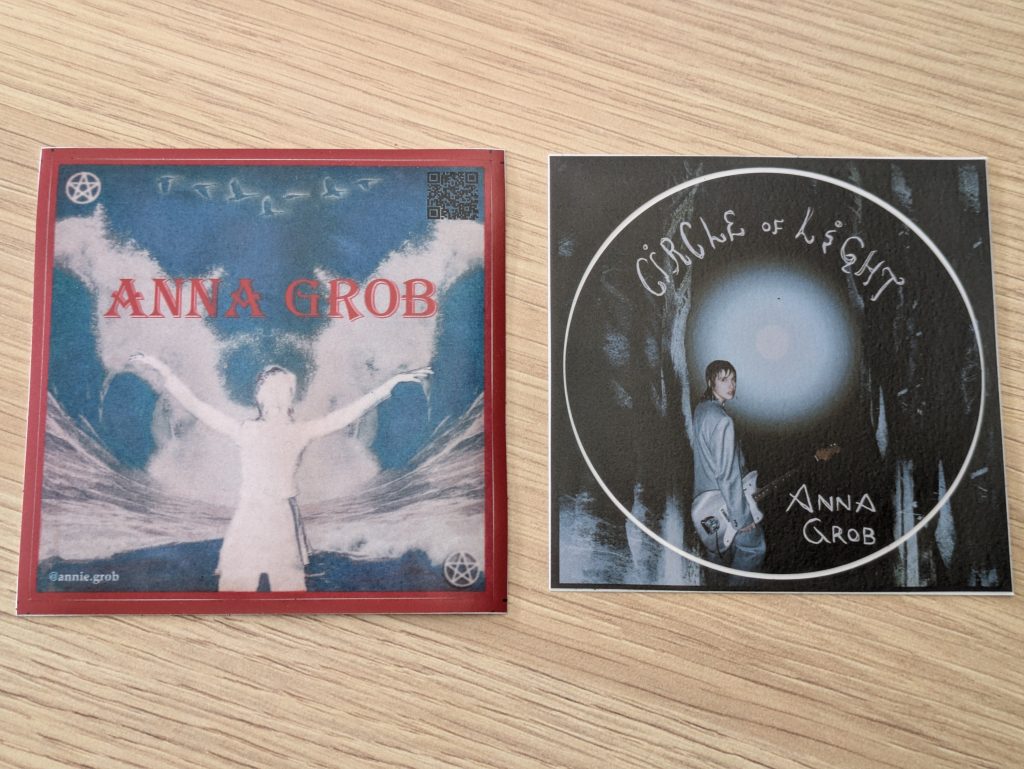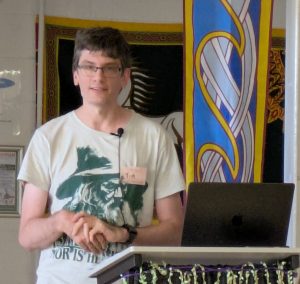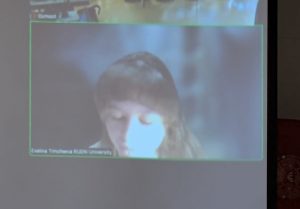This Blog is about a variety of topics that I’m interested in. My top posts are listed below. I also do regular posts on Audiobooks I’ve listened to and notes from conferences I attend.
The RSS for this site is here , you can subscribe to using a RSS reader such as NewsBlur
Transport in Auckland
- A minimal viable Light Rail for Auckland
- Auckland Gondolas: Practical or a rope to nowhere?
- Auckland Metro Plan version 2 part 1
Tech
- Moving my backups to restic
- KVM Virtualisation on Ubuntu 22.04
- Putting Prometheus node_exporter behind apache proxy
Books and Movies
- Passengers vs “50 Girls 50” – A comparison of the 2008 movie and the 1953 comic
- Reading the Lord of the Rings aloud
- The 10 Thickest Books I Own
Misc
- Donations 2023 – I list all the donations I make each year
- Sidewalk Delivery Robots: An Introduction to Technology and Vendors
- Can I Retire at 55 ?
- Parallel Importing vs The Economist
